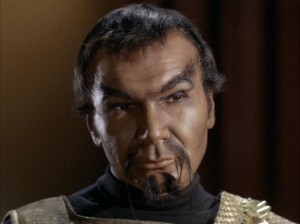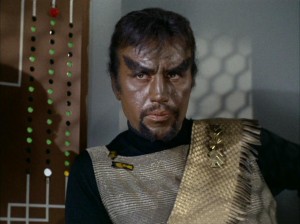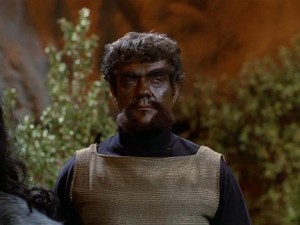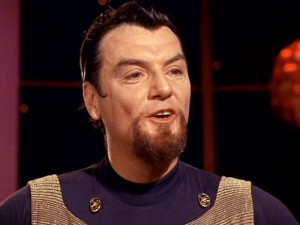It is well known that literature possesses the ability to transform the reader. The list if powerful works that often have deep and lasting effect upon people is nearly endless. 1984 has awoken many a person to the dangers of an all powerful state, To Kill a Mockingbird has opened hearts to the evils of racism, Atlas Shrugged has inspired countless people and scores of politicians.
However what I am talking about today is an effect I discovered and is less spoken about, the effect the act of writing can have upon the author.
We tend to think of the writing process in a manner that more closely resembles dictation than the groping in the dark process of discovery I have found it to be. In my experience author do not sit down and just put the words on paper their themes and intention perfectly thought-out and clear. Rather from author I have know and have spoken with there is often a process of figuring out what it was about the subject that fascinated them and in the discovery they uncover truths and insights previously unknown to them.
I know I personally went through a transformation from a single element in one of my unpublished novels.
IN the book the United States has fallen into not a dystopia, but it has strangled itself on a political philosophy that is obsessive on matters of categories for people versus individuals. There is a movement to ‘restore’ the previous system of government and it funds itself with piracy and theft. This militia movement sees the government that, while elected and not a dictatorship, is illegitimate because it fails to reflect their voice. They see themselves as oppressed.
In form the universe and the story I myself felt a sympathy for this militia movement, and a principle character is a devote supporter. In the course of the story an agent from a truly dictatorial power is introduced, working with the militia for a common goal. To writ scenes from this agent’s POV I had to crawl into the agent’s , understand the world from his perspective, including his feeling about the militia. Stepping into his shoes I saw these pirates as spoiled children. Yeah their cause was losing at the ballot box, but they had a ballot box. They’re response to losing was to throw a tantrum because they weren’t getting their way.
Fine enough I wrote that out and it deepened the agent’s character, however I found that my own view of some political movements in the real world had changed.
Here in the United States we have tremendous freedoms, and despite this there are those that the moment they lose a contest start throwing about the charges of tyranny and despotism. Now I can see so clearly the spoiled children that they are. If you have the freedom to, in utter safety, call the President a despot and a tyrant, then his really isn’t one. All around the world people are dying for the freedoms people here treat so lightly. I have never gone back to a restricted view and it is because the act of writing has changed me and it will continue to change me.

 counted among their number several World War II veterans while the Cold War, now well under way, underpinned everyday life and provided an atmosphere of dread under the treat of global nuclear war. It is natural for people to look on the Klingons of the original series as a metaphor for either the NAZIs or the Communists, but which is a better fit?
counted among their number several World War II veterans while the Cold War, now well under way, underpinned everyday life and provided an atmosphere of dread under the treat of global nuclear war. It is natural for people to look on the Klingons of the original series as a metaphor for either the NAZIs or the Communists, but which is a better fit? vast scale, both were ruthlessly expansionistic, both were extremely militaristic, both engaged in suppression of dissidents, both crushed the individual under the power of the state.
vast scale, both were ruthlessly expansionistic, both were extremely militaristic, both engaged in suppression of dissidents, both crushed the individual under the power of the state. and the like. From the original series we have no data about the Klingon economic models and systems, so we can’t use this as a point of differentiation.
and the like. From the original series we have no data about the Klingon economic models and systems, so we can’t use this as a point of differentiation. vision of the future. Like the Inquisition before them the Communists could brook no heretics. The Nazis weren’t interested in that at all. Because of the racial components of their belief system, they saw the world as a conflict between themselves and everyone else. They never expressed an argument that their system was better for everyone, they never tried to convince Kirk or the Organians that they should convert, but rather brute force to take was enough and all they required was subservience.
vision of the future. Like the Inquisition before them the Communists could brook no heretics. The Nazis weren’t interested in that at all. Because of the racial components of their belief system, they saw the world as a conflict between themselves and everyone else. They never expressed an argument that their system was better for everyone, they never tried to convince Kirk or the Organians that they should convert, but rather brute force to take was enough and all they required was subservience.